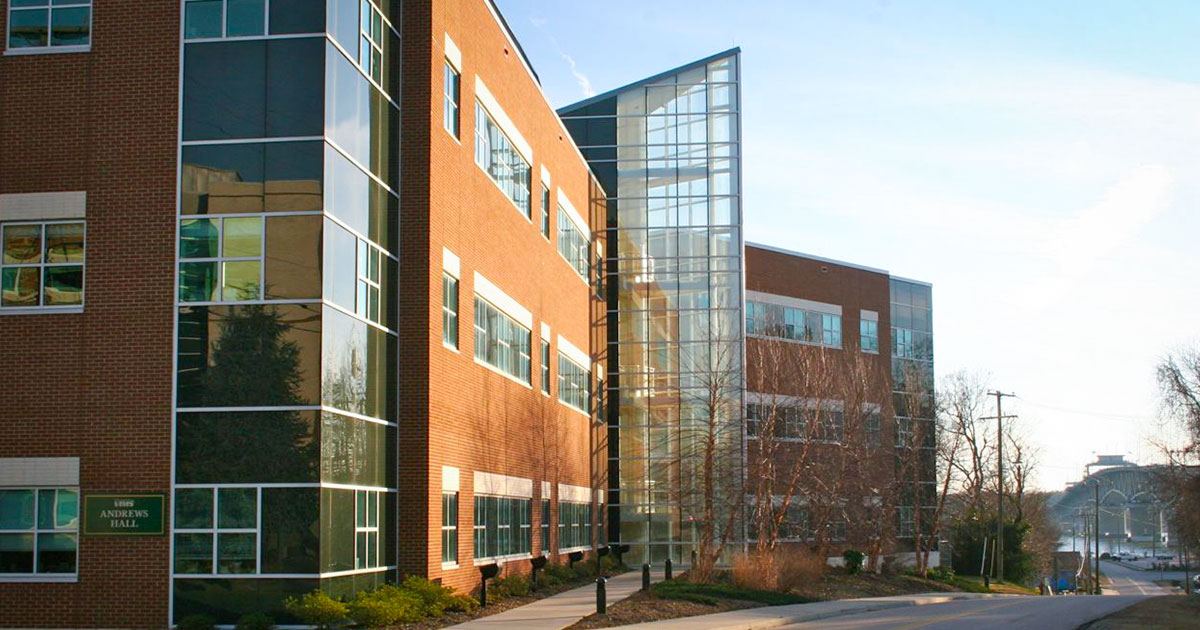About Copyright
Theses and Dissertations: Understanding Your Copyrights
You own the copyrights to your thesis or dissertation. When you submit your thesis or dissertation, you will need to make some decisions about managing your copyrights and the availability of your thesis and dissertation. It is best to start thinking about these decisions early in the process, so that any potential issues have been resolved by the time you are ready for the final submission of your thesis or dissertation.
Author Rights Conveyed by Copyright
Your copyrights are a bundle of rights provided to you under the federal copyright law. These include the right to:
- Reproduce your copyrighted work.
- Prepare derivative works based upon the copyrighted work.
- Distribute the copyrighted work publicly (in the case of literary, musical, dramatic, and choreographic works, pantomimes, and motion pictures and other audiovisual works).
- Display the copyrighted work publicly (in the case of literary, musical, dramatic, and choreographic works, pantomimes and pictorial, graphic, and sculptural works, including the individual images of a motion pictures and other audiovisual work).
- In the case of sound recordings, perform the copyrighted work publicly by means of a digital audio transmission.
Rights Assigned to ProQuest
When you submit your thesis or dissertation to ProQuest, you will be asked to sign a license that allows them to make your work globally available through their subscription database service, ProQuest Dissertations and Theses Global. This license is non-exclusive and has no effect on any other future publications of your work. You retain all of your copyrights in your thesis or dissertation.
Because ProQuest is making your work available through their subscription database, you will receive royalties for downloads of your work through the ProQuest database.
More information can be found on the ProQuest Dissertations FAQ website.
Registering Your Copyright with ProQuest
U.S. Copyright Law does not require registration for a work to be copyrighted. Your original work is protected by copyright as soon as it is fixed in a tangible medium. However, there are some additional copyright benefits that come with registering. These benefits can become important if you ever file suit in a claim of copyright infringement. More information can be found at the U.S. Copyright website.
Paying the $55 fee to allow ProQuest to register your work is entirely optional. If you do not authorize ProQuest to register your work at the time of submission, you can always register directly with the U.S. Copyright Office for a fee of $35.
License Your Work Using a Creative Commons License
Creative Commons licenses are a great way to let people know how they can share or use your work without seeking permission from you. The most restrictive licenses only permit sharing of your work; the most open licenses allow users to reuse your work or create derivative works without permission. Master's and doctoral candidates are not required to put a Creative Commons license on their work, but you may choose to do so during the submission process. The Director of Hargis Library at VIMS or the Scholarly Communications Librarian at Swem Library can help you decide which Creative Commons license you might want to apply to your thesis or dissertation.
Copyrighted Materials in Your Thesis or Dissertation
If you include other copyrighted work in your thesis or dissertation, you might need to acquire permission for using these materials before you submit your thesis or dissertation. In some cases, including those materials may be considered a fair use, and permission might not be necessary. The Director of Hargis Library at VIMS or the Scholarly Communications Librarian at Swem Library can help you complete a fair-use analysis to determine if permissions are needed.
Rights Assigned to William and Mary
You will be asked to sign a non-exclusive license with William and Mary to post your thesis or dissertation in the William and Mary Institutional Repository. You will retain full rights to your work. The non-exclusive license with William and Mary, like the license with ProQuest, only allows William and Mary to preserve your work and make it accessible through the William and Mary Institutional Repository.
Questions?
If you have further questions about copyrights and the theses and dissertations submission process, contact [[w|narue, Natalie Rue]] at Swem Library.
Last updated by J. Hay on June 27, 2023.

